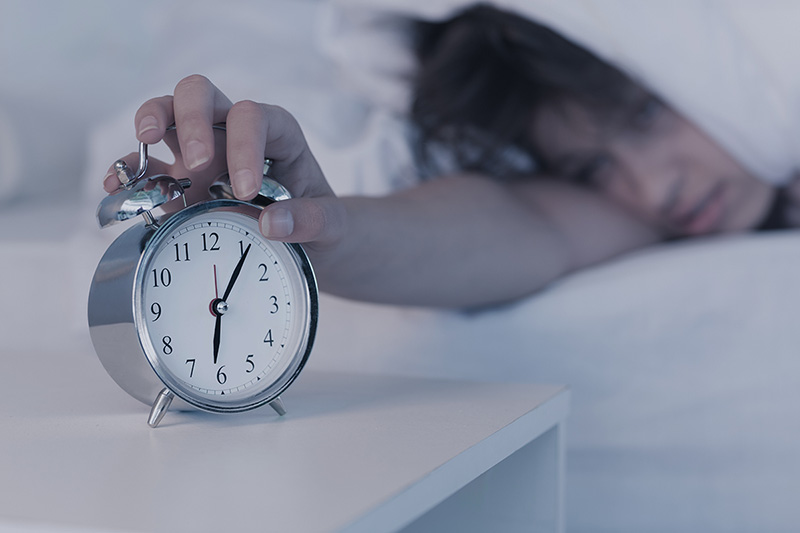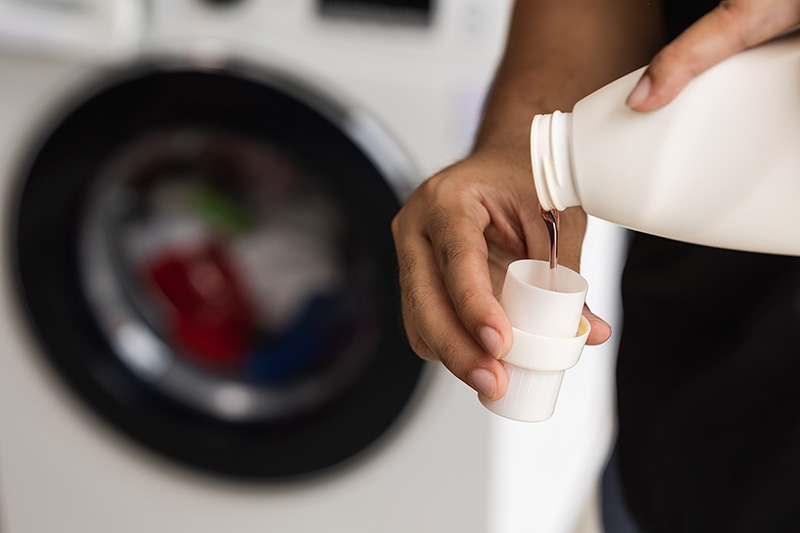The Dangers of Hitting the Snooze Button
Learn about the dangers of using the snooze button and how to improve your sleep so you wake feeling rested.

When the alarm goes off in the morning, it’s always tempting to hit the snooze button. In one study, more than half of adults surveyed reported hitting snooze at least once each morning. What you may not realize, however, is that this habit may not be giving you the extra rest you want.
Sleep stages
You’re probably familiar with the stages of sleep that occur during a typical cycle. Each sleep cycle has its own arousal threshold, which means it’s more difficult to come out of deep sleep.
The deeper cycle of sleep is also known as Rapid Eye Movement (REM) sleep or dream sleep. It provides the restorative benefits your brain and body need. When you’re awakened from late-stage REM sleep, your body may initiate a fight-or-flight response, causing your heartbeat and blood pressure to go up.
Your body prepares to wake up by increasing your temperature and releasing chemicals that help you feel more awake. But, if you drift back to sleep after the process has begun, you may experience a sensation known as sleep inertia, which is a physiological state of impaired sensory-motor and cognitive performance.
Snooze and sleep cycles
Your body needs to go through the proper sleep cycles to reach REM sleep. Hitting the snooze button doesn’t allow you to return to that level of sleep and leaves you feeling groggy and more tired instead when the alarm goes off again.
If you feel the need to continue to hit snooze, you may either have an underlying sleep disorder that is impacting your ability to go through the proper sleep cycles, or you may not be getting enough sleep.
Related: What Happens to You While You Sleep?
Make sleep a priority
While sleep is critical to your health and well-being, many people don’t make it a priority.
When you’re tired, you may find that it’s harder to concentrate on tasks, feel a decrease in your energy levels, and even see a negative impact on your mood. Proper sleep boosts your immune functions and mental health while reducing your risk of contracting certain diseases, such as type 2 diabetes and heart disease.
When you make it a priority to get good quality sleep, you may find that you are more energized in the morning, which may eliminate the desire to hit snooze for a few extra minutes of rest.
A good night's sleep starts before you've even gotten into bed. The blue light emitted from various electronic devices, including mobile phones, tablets, and TVs, can interfere with your body’s ability to relax and prepare for sleep, so try to avoid using these devices right before bed.
Use your bed only for sleep, rather than using it when you’re working or watching TV. This will help your brain better associate your bed with sleep.
Set your thermostat to cool down the space, as it’s easier to fall and remain asleep when your body isn’t too hot.
Lastly, determine a good schedule that allows you to get seven or eight hours of sleep per night and stick to it by going to bed and awakening around the same time each day.
Related: 5 Tips for Getting a Better Night's Sleep
If you can stop yourself from hitting the snooze button, you might actually find that you feel more awake and energized after your alarm. Make it a priority to get good sleep every night to give your body the rest it needs.
If you continue to have trouble sleeping or staying asleep, talk with your healthcare provider.
Ready to find the right healthcare provider for your needs? Select Health members can use the Find a Doctor tool to locate a nearby specialist.







